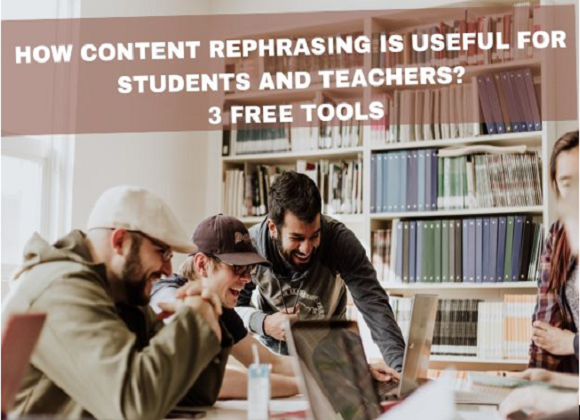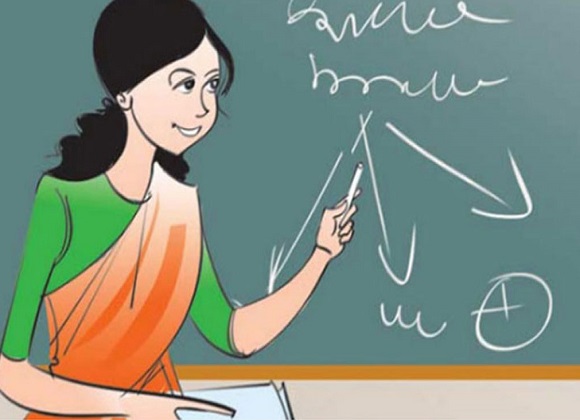Courses
Grow skills with quality courses
Jean Piaget said, “During each developmental stage, the ability to learn and the process of learning is different”. When we were in school, there were some subjects and topics that were easy to understand, while some were difficult. When we grew, there were some topics that seemed easier to us which we used to find difficult a few years back. This is what is called our cognitive development. Talking about cognitive development, we basically talk about the Cognitive Learning Theory. This theory solely depends on how a person thinks and understands the concepts. Its purpose is to make an impact on the skills and knowledge of the student/learner.
Cognition is the ability to acquire knowledge through experiences, senses, and thoughts. It focuses on how active the brain or the gray cells of the learner is. It helps the student be active and fully engaged in the learning process, increasing the teaching-learning output for the teachers. This theory negates rote learning and promotes learning based on understanding. The main aim of this theory is to promote understanding, knowledge, and retention. It helps the learner be more organized and be able to relate any new information to the existing stored information.
Citing the main difference between the traditional and cognitive ways of learning, the former focussed more on memorizing or repeating the concept, basically the rote learning method. The latter, however, focuses on mastering the concepts or topics, where the main focus is on the memory, application, interpretation, and comprehension of the same. For memory, active learning techniques are used where new things are learned using past information. It helps the student comprehend how the topic/concept would help him/her use this information later in his/her life, real-life applicability is tested here. It can henceforth, help them improve on their critical thinking abilities and also make their minds more creative. This is also one of the requirements of the New Education Policy-2020, where a shift is sought from rote-based learning to application-based learning.
Talking about the benefits of this theory, it enables the learner to understand deeply and also enhances lifelong grasping of the concepts. Along with that, it enhances the confidence of the learner on how to handle the challenges of life. It enhances their problem-solving skills where they have confidence while applying the skills. As it makes the teaching and learning process fun with the substitution of passive ways of learning by active learning methods like role play and games being used. This promotes continuous and long learning with the students being engaged throughout the duration of the class. Some of the Cognitive learning strategies that the teacher can use with the students could be using external aids, focussing on ‘why’, using storytelling, and going for the application of the concepts.
This process of shifting from rote-based to application-based learning can be a long process but once achieved can help in promoting effective learning. It helps in promoting the love for learning and engages students into the educational stream even more. Thus, to achieve one of the objectives of NEP-2020, we need to promote cognitive-based learning in our schooling system.
About the author
Comments
Recommended by Gurushala

Technology & Innovation
-By Valentina MilanovaHow Content Rephrasing is Useful for Students and Teachers? 3 Free Tools

Stories of Indian Classrooms
-By GurushalaOn the course of continuous learning- An inspiring teacher story from Pune
Related Articles
